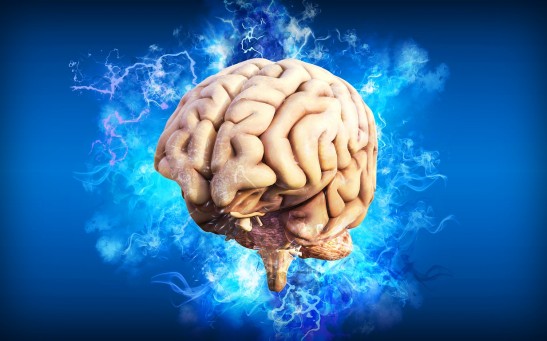neuroscience
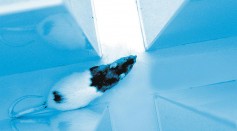
Lab Rats Sense Empathy, But Will Only Act for Their Own Kind - and Humans Might Be the Same
'Grandmother Neuron' May Exist After All: Scientists Found Cells that Links Face Perception and Memory

Mind-Reading Headphones Work Like An EEG That Increase Noise Cancelling To Help Wearer Concentrate
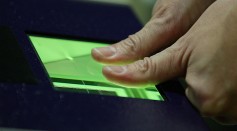
Sensitive Touch Inputs: New Study Demonstrates Neuron Sensitivity On Our Fingerprints
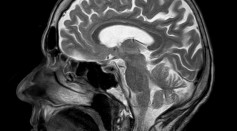
Brain Stimulation Could Boost a Person's Courage and Remove Fear
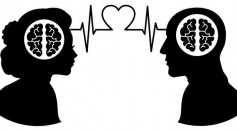
Neuroscience Explains What Happens to the Brain When One is in Love

Learning to Drive and Navigate Significantly Changes the Brain
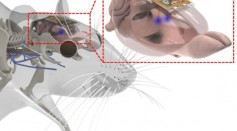
Therapeutic Wireless Rechargeable Tiny Brain Implant Can Be Controlled Using Smartphone
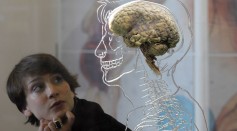
Happy Endings Could Mess Up Your Brain's Decision-Making, Study Says
How Does the Hippocampus Affect Bodily Functions?
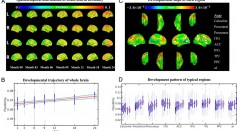
Brain Imaging Study Reveals the Role of Neural Flexibility Later in Life

Study Suggests People Make Better Choices When the Risk of Harming Others Is Likely

The Link Between the Brain and Architecture
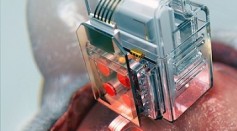
Lego-like Therapeutic Brain Implants That Can Be Controlled by a Smartphone
Most Popular

How Technology Is Changing the Real Estate Industry?

How a Plant-Based Diet Can Protect Against Breast Cancer: Insights from Nutrition Research

Study Reveals High Turnover in Scientific Research Careers: What This Means for Future Scientists

Why It's So Difficult to Lose Weight: The Biological Explanation Behind Obesity

